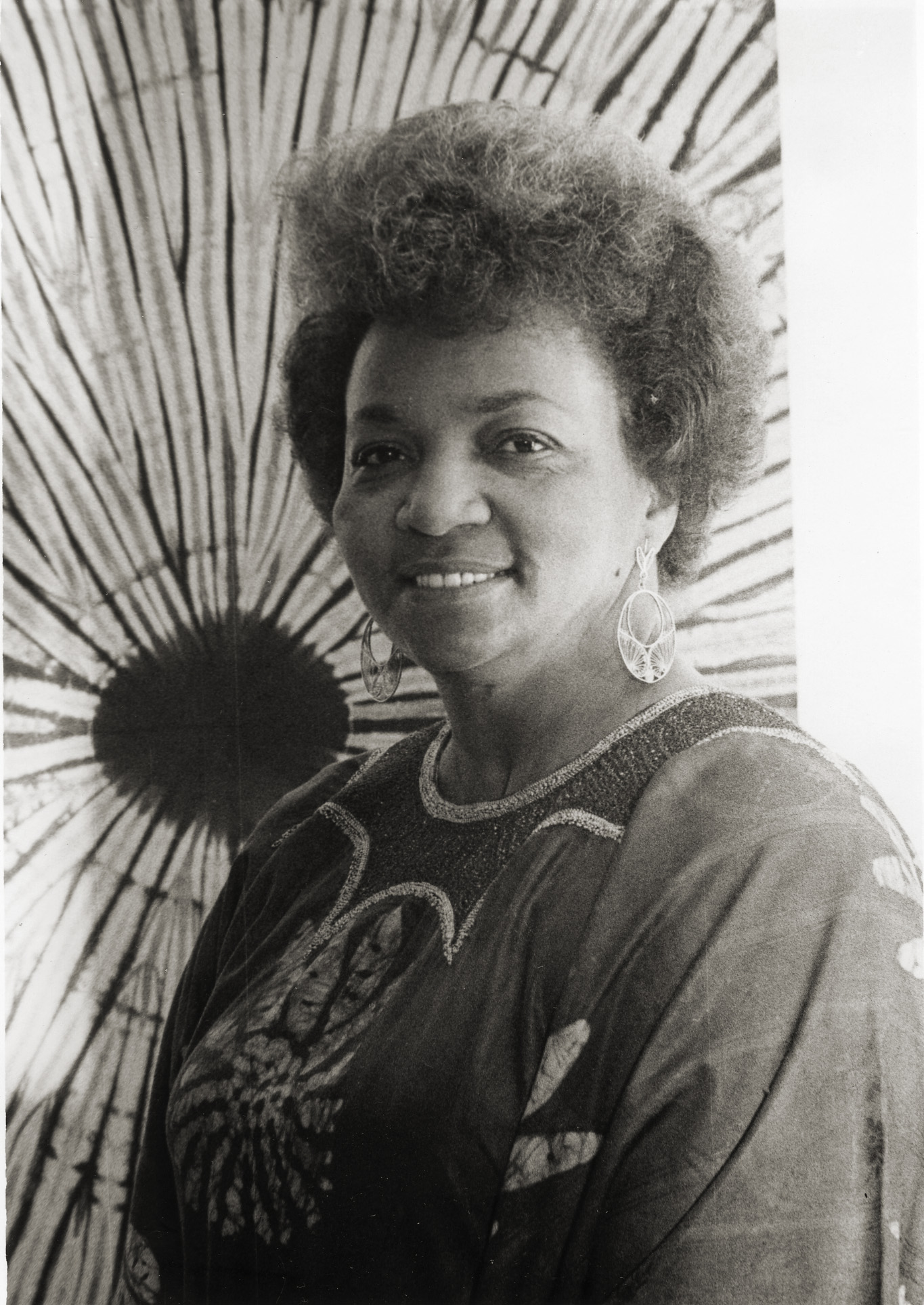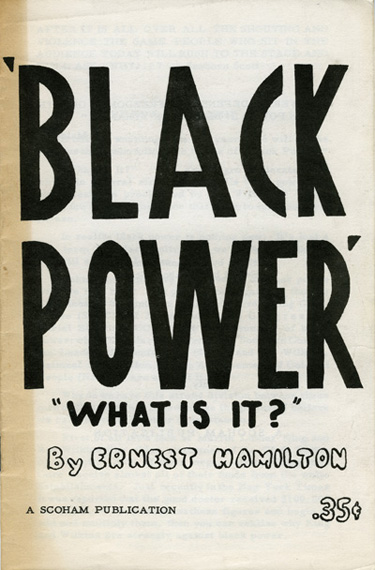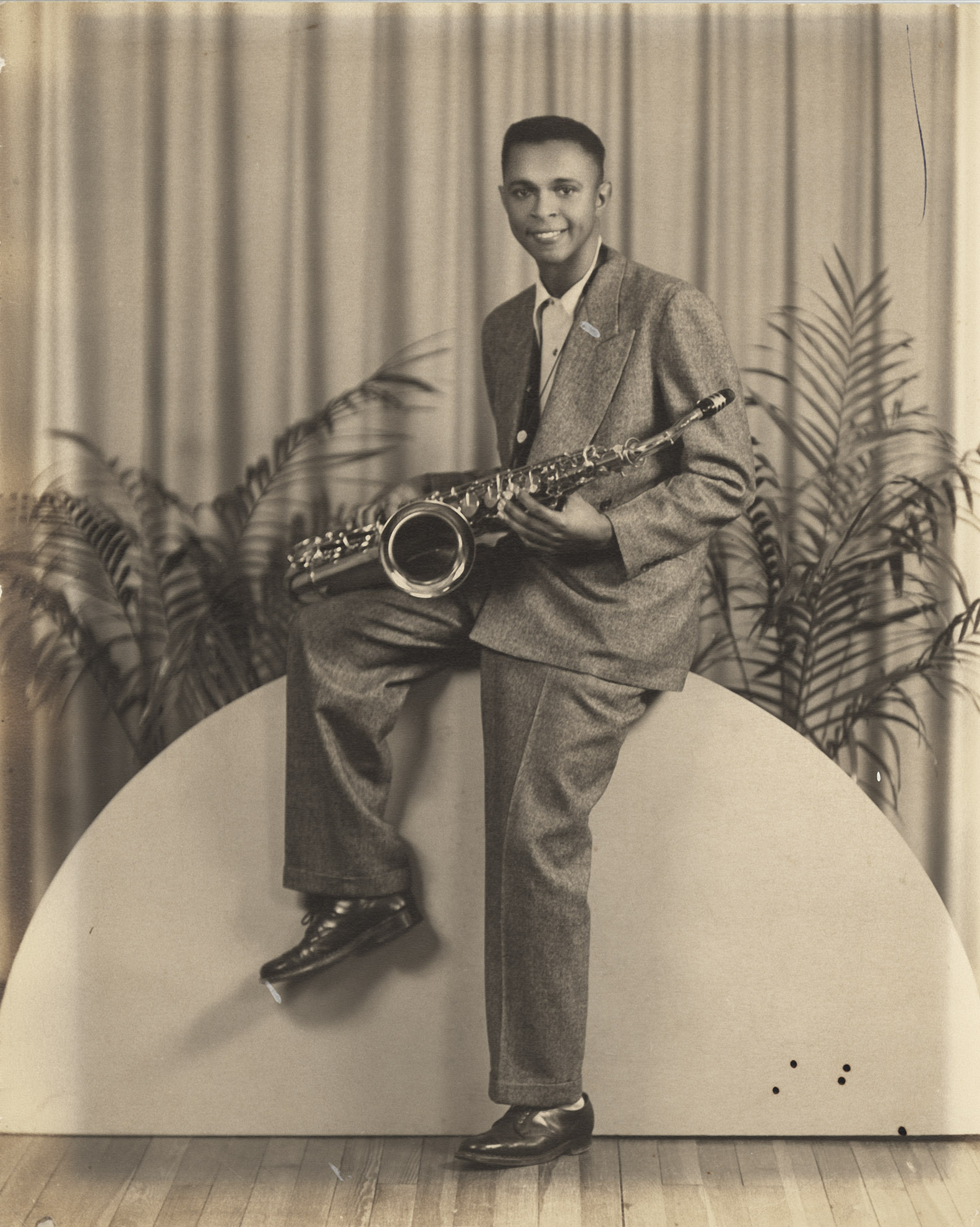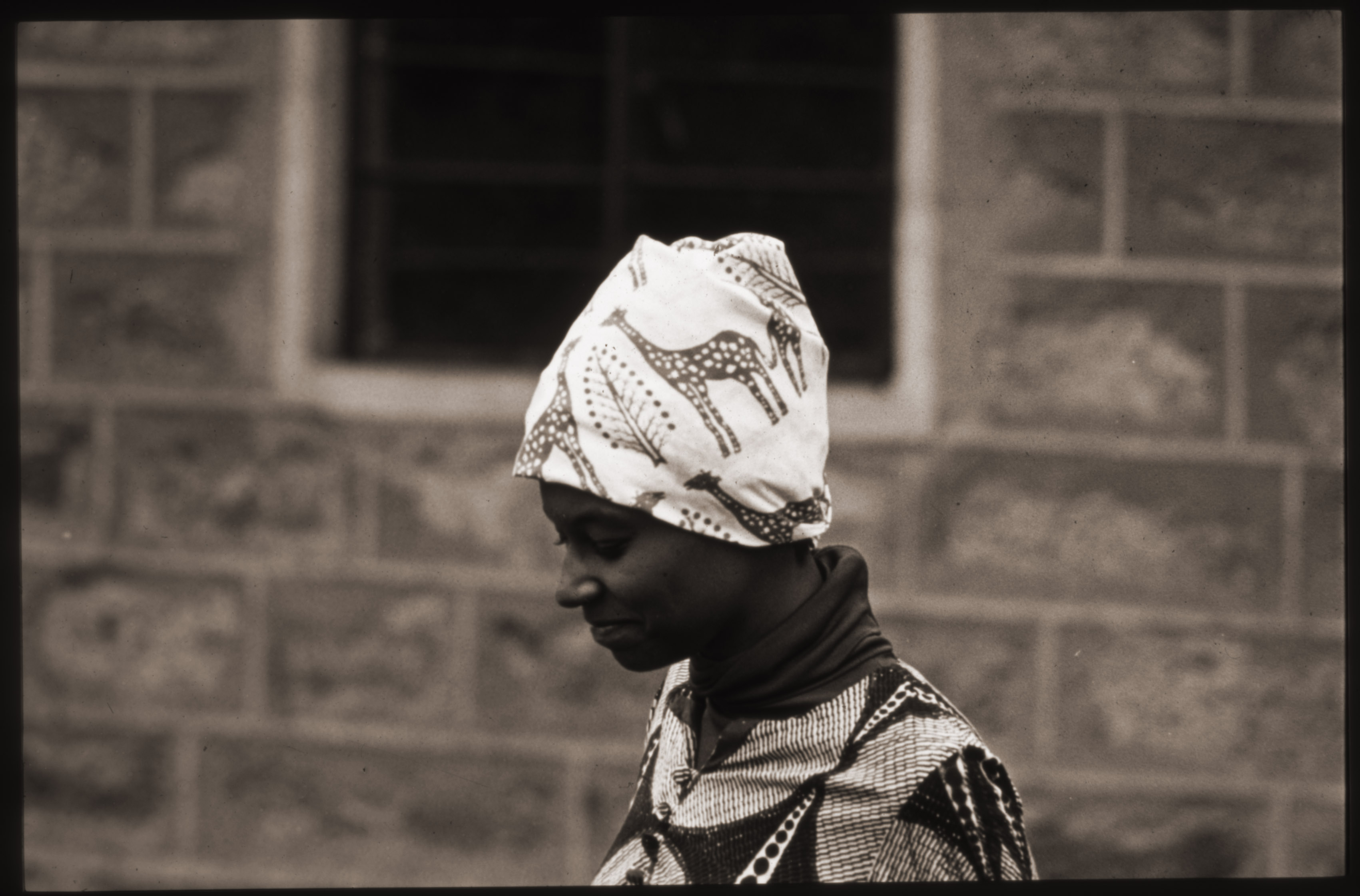Cynthia Shepard Perry Papers

An educator, diplomat, and expert on Africa, Cynthia Shepard Perry was the first recipient of a Ed.D. from of the Program in International Education at UMass Amherst (1972). Born in Burnett, Indiana, in 1928, Perry was raising a family when she set a twenty-five year goal of earning a doctorate and entering international service. One year after earning a bachelor’s degree at Indiana State University in 1967, she arranged for her first trip to Africa, leading a secretarial training project at the University of Nairobi, and over succeeding decades, her connections to the continent deepened dramatically. On faculty at Texas Southern University (1971-1982), Perry served as Associate Director of the university’s Peace Corps Program, which resulted in her leading educational projects in Sierra Leone, Ghana, Nigeria, Liberia, and Kenya. In demand for her expertise, she worked as a consultant to the United States Information Service in Kenya, Nigeria, and Zambia and as Staff Development Officer at the United Nations Economic Commission for Africa in Addis Ababa. Having become a full professor and Dean of International Affairs, she left TSU in 1982 to take her first diplomatic post as an officer of the Africa Bureau of the United States Agency for International Development, followed by successive appointments as Ambassador to Sierra Leone (1986-1989) and Burundi (1989-1993), as Honorary Consul General of Rwanda, and finally an appointment as United States Executive Director of the African Development Bank (1996-2001). Although officially retired, Perry remains active in supporting education and development in Africa from her home in Houston. Among many other awards she has received, Perry was the recipient of an honorary doctorate from UMass for her international work and was recognized by the Salute to Service Award.
A record of a life in international service in Africa, the Perry Papers include materials from Perry’s time as head of the African Development Bank and her two ambassadorial appointments, including speeches, some correspondence, and a handful of publications. The collection also includes a series of awards and plaques, some family photographs, and memorabilia.




